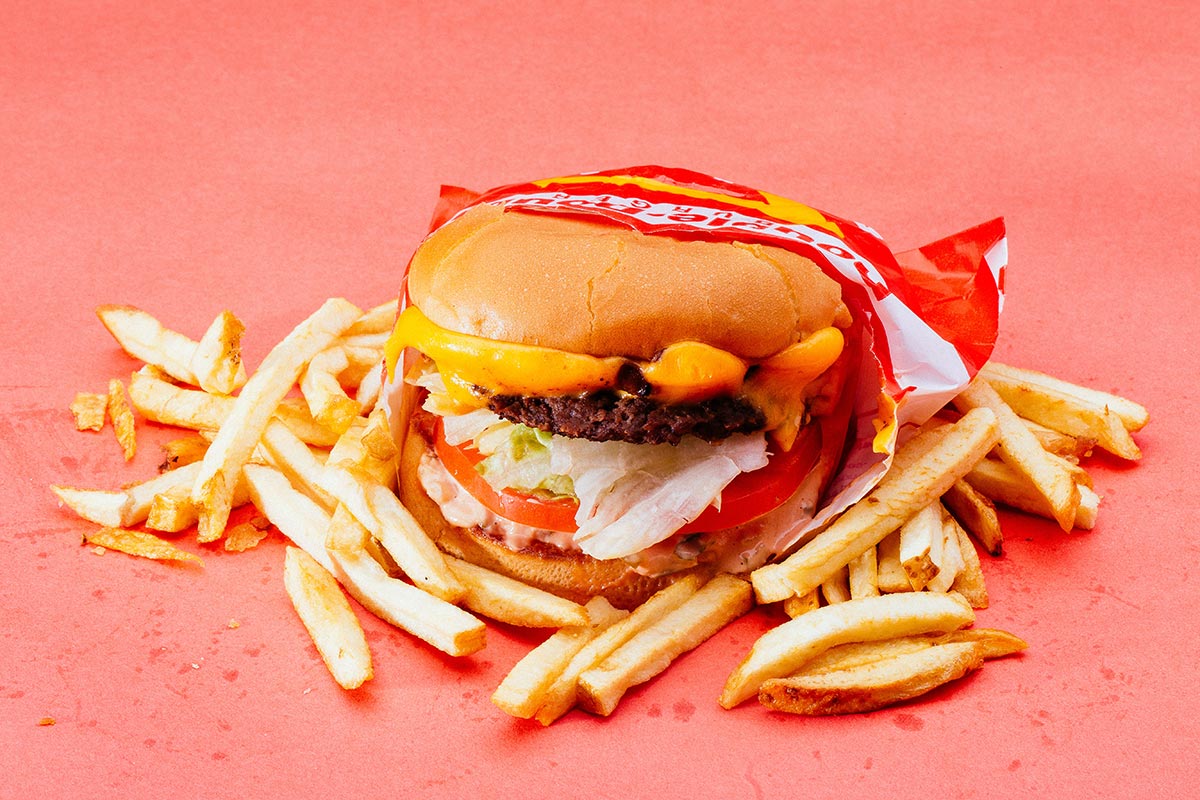So, you’re unhappy with your weight. Perhaps there’s more fat on your body than you’re comfortable with, and it’s starting to affect various aspects of your life. Whether it’s self-confidence, motivation, social interactions, or work performance, the desire to shed those extra pounds can feel overwhelming. But where do you begin?
Understanding the Cause
Before diving into solutions, it’s crucial to understand what’s causing the weight gain in the first place. Many people skip this important step, opting instead for crash diets, excessive exercise, or trendy fads. While these approaches may offer quick results, they rarely lead to long-term success. Sustainable weight management requires informed, rational decisions about your health and well-being.
To start, it’s essential to understand how our bodies work and what they need. At its core, the human body requires energy to perform daily functions. This energy comes from the food we eat, specifically from the macronutrients in those foods.
What Are Macronutrients?
Macronutrients are the building blocks of our diet, comprising fats, proteins, carbohydrates, and alcohol. These nutrients provide the calories our bodies need to function. A calorie, in simple terms, is a unit of energy, and our bodies "burn" these calories to fuel everything from breathing to exercising. Here’s a breakdown of how each macronutrient contributes:
1. **Fats:** 1 gram provides 9 calories.
2. **Proteins:** 1 gram provides 4 calories.
3. **Carbohydrates:** 1 gram provides 4 calories.
4. **Alcohol:** 1 gram provides 7 calories.
From this, it’s clear that fats and alcohol are the most calorie-dense macronutrients, while proteins and carbohydrates are less so. However, this doesn’t mean you should avoid fats or alcohol entirely. Balance and moderation are key, as these nutrients play critical roles in maintaining overall health.
The Difference Between Calories and Macronutrients
Here’s an important distinction: calories and macronutrients are not the same. While calories measure the energy a food provides, macronutrients refer to the type of food providing that energy. For instance, 500 calories from carbohydrates will affect your body differently than 500 calories from protein. This is because each macronutrient has unique properties and functions within the body.
Macronutrients are essential for more than just energy. Proteins, for example, are vital for muscle repair and growth, while fats are necessary for hormone production and brain function. Carbohydrates, often vilified, are the body’s primary energy source, especially for high-intensity activities. Understanding these roles is crucial for designing an effective diet plan.
Why Focus on Macronutrient Quality?
The quality of the macronutrients you consume is as important as the quantity. For instance, complex carbohydrates like whole grains and vegetables provide sustained energy and fiber, whereas simple carbohydrates like sugary snacks can lead to energy crashes and fat storage. Similarly, healthy fats from sources like avocados and nuts support cellular health, while trans fats from processed foods contribute to inflammation and disease risk.
This is why it’s important not just to count calories but to consider where those calories are coming from. A diet rich in high-quality macronutrients will fuel your body more effectively than one filled with empty calories.
Identifying Your Unique Needs
While the general principles of dieting are universal, the specifics can vary greatly from person to person. Factors such as age, gender, activity level, and metabolic rate all influence how many calories you need and the ideal macronutrient distribution for your goals.
For instance, an athlete training for a marathon will require significantly more carbohydrates than a sedentary office worker. Similarly, someone focused on building muscle will need more protein than someone trying to maintain their current weight. Tailoring your diet to your individual needs is the key to long-term success.
Addressing Overeating
For many, the root cause of weight gain isn’t just what they eat but why they eat. Emotional, behavioral, and cultural factors often drive overeating. Stress at work, family pressures, or even societal norms can lead to unhealthy eating habits.
Identifying these triggers is the first step toward change. Are you eating out of boredom, stress, or habit? Understanding the "why" behind your eating patterns allows you to develop healthier coping mechanisms and make more mindful choices.
Finding a Sustainable Solution
While reducing caloric intake is a common approach to weight loss, it’s not always the most effective or sustainable. Instead, focus on creating a balanced diet that meets your nutritional needs without exceeding your energy requirements. This might mean incorporating more whole foods, cooking at home, or seeking guidance from a nutritionist or dietitian.
Remember, the goal isn’t just to lose weight but to improve overall health and well-being. Crash diets may offer quick results, but they often lead to nutrient deficiencies, muscle loss, and a slowed metabolism. A balanced approach, on the other hand, supports long-term health and helps you maintain your progress.
Take Control of Your Health
Ultimately, the journey to better health starts with you. By understanding the relationship between calories and macronutrients, identifying your unique needs, and addressing the root causes of overeating, you can create a diet plan that works for you. It’s not about perfection but progress. Small, consistent changes can lead to significant, lasting results.
So, the next time you’re tempted to try the latest diet trend, remember: true success comes from knowledge, balance, and a commitment to long-term health. Your body—and your future self—will thank you.













